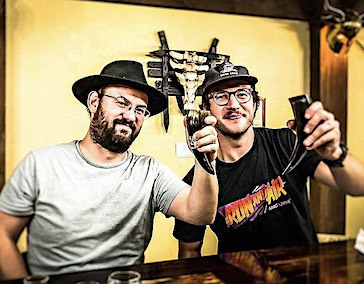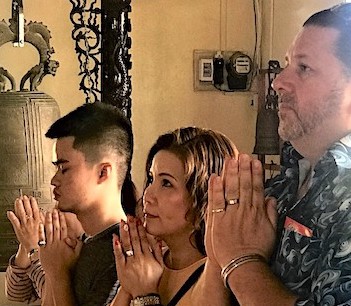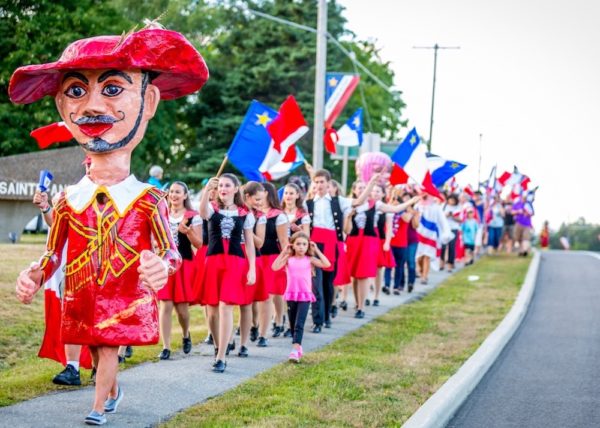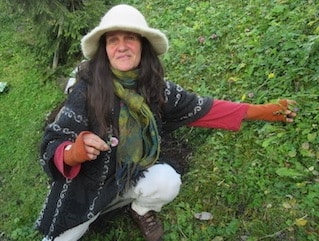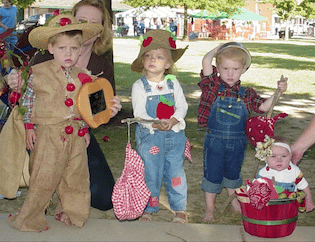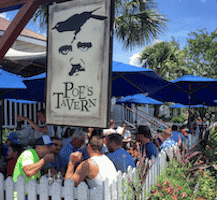Hotels in Hell. Diary of a Female War Correspondent
You won’t find these hotels in a guidebook of great getaways. Amenities are woeful. Rooms aren’t clean or relaxing. You’ll find no vacationing families or romantic couples in the bar or restaurant. But for Olivia Ward, a Toronto Star war correspondent assigned to cover authoritarian hell holes from the Balkans to Central Asia, five-star spa resorts simply were not available. She stayed in hotels of last resort. Here is her story: Arriving for a first visit in Iraq to cover Operation Desert Fox, a four-day bombing campaign in 1998, I was determined not to stay in the notorious Al Rasheed Hotel, origin of a thousand CNN soundbites beginning “as bombs fell over Baghdad … ”
“There are other hotels, ” said my driver as we sped into the city. “Nice hotel, the Sheraton. Better than Al Rasheed.” But inexplicably, his car pulled up at the Al Rasheed. And while I was still protesting, three middle-aged bellmen had a tug-of-war with my luggage, eventually trundling it to the reception desk.



